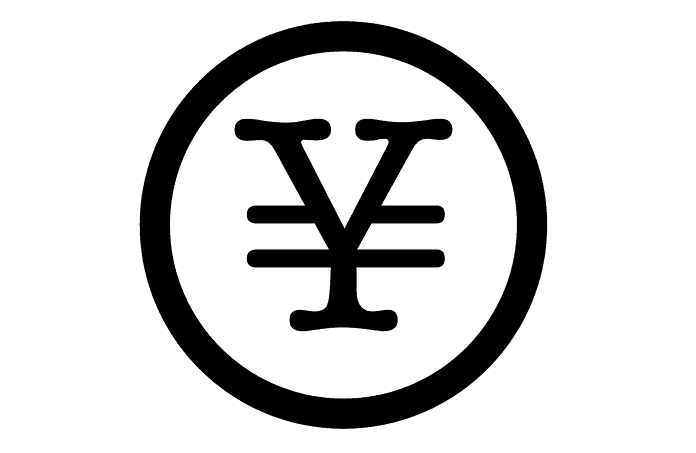Have you ever wondered what’s driving China’s financial technology revolution? It goes beyond simply eliminating cash. It delves further into how money will function in the future. This essay dissects China’s digital yuan, explaining how it differs from cryptocurrencies and drawing comparisons with the well-known blockchain technology. Are you prepared to explore the core of digital currency? Together, let’s solve the riddle.
Explore the technology behind China’s Digital Yuan with yuan-breakthrough.com, an automated trading bot at the forefront of digital currency advancements.
Dispelling Myths: Does Blockchain Serve as the Basis?
As soon as we hear “digital currency,” our minds almost instantly jump to blockchain technology – this association stems from its connection to decentralized cryptocurrencies like Bitcoin that have made headlines recently. However, when considering China’s digital yuan, its relationship to blockchain becomes much more subtle and nuanced.
Digital Currency Electronic Payment (DCEP), commonly called digital yuan, deviates significantly from cryptocurrency. It is essential to realize that DCEP, often called digital yuan, operates differently from blockchain’s decentralization, transparency, and security features.
China’s People’s Bank of China (PBOC) has implemented an alternative digital currency system that prioritizes scalability, efficiency, and control compared with blockchain’s decentralized structure – in stark contrast.
The digital yuan’s fundamental design prioritizes practicality and speed, guaranteeing nearly immediate transaction processing. This is crucial in a nation with a thriving economy and a population of more than 1.4 billion.
Traditional blockchain technology does not permit the kind of control and regulation achievable with the centralized form of the digital yuan. It’s like comparing a large-scale book swap meet to a neatly ordered library catalog. Both are worthwhile, but the former provides a degree of accessibility and organization that the latter cannot.
Additionally, the digital yuan uses a special kind of digital ledger technology (DLT) customized to fit the demands of the Chinese financial ecosystem. Although this technology is not a blockchain in the conventional sense, it is similar in that ledger recording is one of its features. Nonetheless, the PBOC maintains complete control over the ledger, allowing it to manage monetary policy and react quickly to economic difficulties efficiently.
The Electronic The Distinctive Infrastructure of Yuan: Exceeding Conventional Blockchain
The digital yuan’s infrastructure can be compared to an efficient, well-oiled machine. It doesn’t utilize blockchain in a conventional sense but doesn’t avoid technology. Yes, it is based on a digital ledger, but the Chinese government has strong oversight.
With this configuration, you can track the movement of currency in real time—it’s like having a GPS tracker on every coin and note in your wallet. It involves more than just tracking; it involves developing a secure, frictionless transactional process suited explicitly to China’s economy.
Every citizen can use digital payments because the system is inclusively structured. Imagine using your smartphone to purchase your morning tea with only a swipe—no internet connection necessary. Because it offers a view into the future of regular transactions, the digital yuan stands out for its simplicity and control.
Differentiating Features Between Digital Yuan and Cryptocurrencies
Given that they are both digital, cryptocurrencies and the digital yuan may be complementary. But that’s where the similarities stop. Cryptocurrencies provide:
- Anonymity
- A wild ride on market volatility.
- Worldwide operation free from central authority.
Conversely, the Chinese government supports and regulates the digital yuan, guaranteeing stability and dependability.
They differ primarily in how they are used. An oasis has emerged for investors hoping to catch the next financial boom: cryptocurrencies.
Thanks to the digital yuan, which is more focused on daily use, the average Joe, or in this case, the average Zhang and Li, may interact more easily and securely. The goal is to make digital transactions widely available while maintaining strict government control.
Conclusion
Visiting China’s digital currency market reveals a society where tradition and technology coexist. The digital yuan represents a significant advancement in currency modernization that aligns with China’s future goal rather than merely being another cryptocurrency. It challenges us to reconsider our understanding of money in the digital age with its different architecture and apparent differences between blockchain and cryptocurrencies.
Related Topics
- How To Get Yuan Online? Definitive Guide
- A Non-Technical Guide: Basics of Digital Yuan
- Why Did China Create Its Own Digital Currency?








